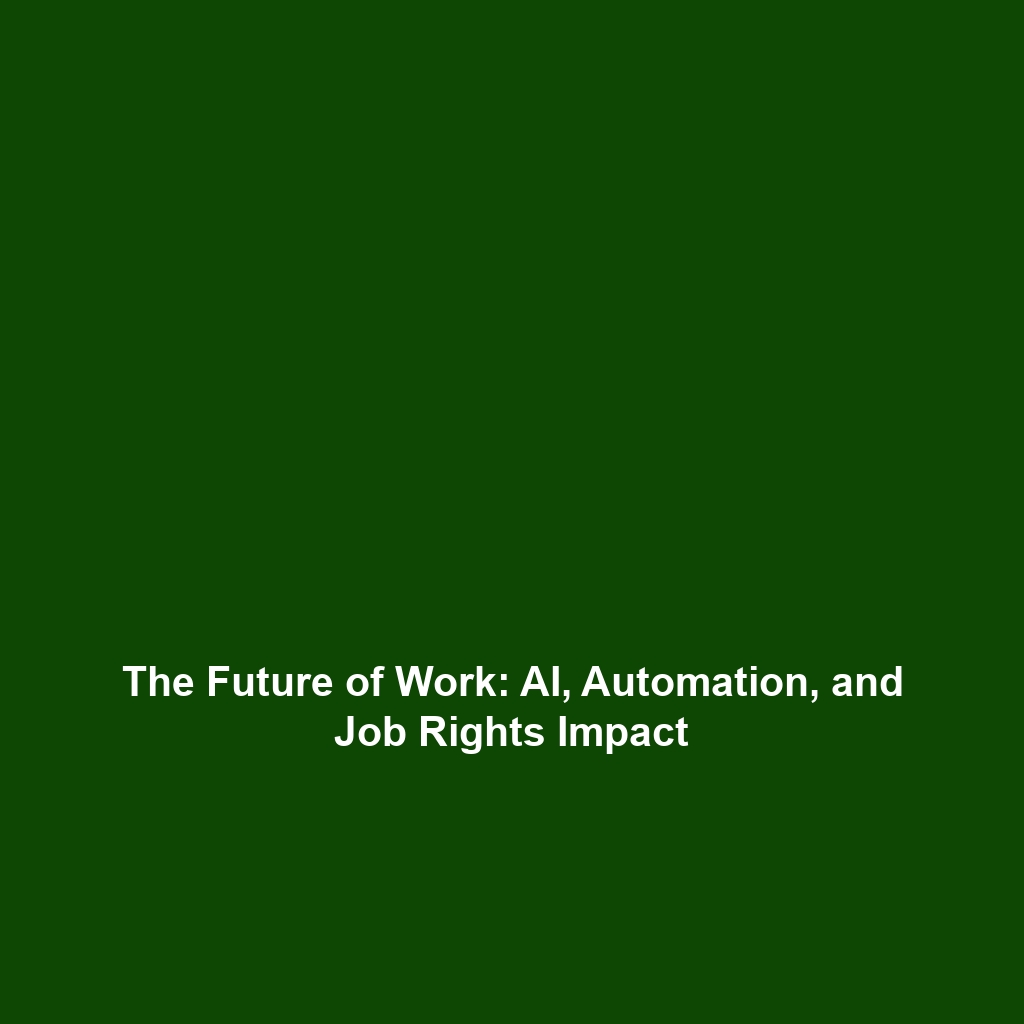Historical Context of AI Ethics: How Ethical Concerns About Technology Have Evolved
Introduction
The historical context of AI ethics is crucial in understanding how societal perceptions and ethical concerns regarding technology have evolved over time. As artificial intelligence becomes a more integrated part of daily life, recognizing its ethical implications is increasingly important. From early debates about automation to contemporary discussions on algorithmic bias, the evolution of these concerns reflects broader societal values. This article explores the significant milestones in the history of AI ethics and highlights how they inform current practices and future developments in the field of AI ethics.
Key Concepts
Principles of AI Ethics
Key principles within the domain of AI ethics include:
- Accountability: Ensuring that individuals or organizations can be held responsible for AI-driven decisions.
- Transparency: The importance of clear understanding about how AI systems operate and make decisions.
- Fairness: Addressing issues of bias and discrimination in AI algorithms to promote equitable outcomes.
- Privacy: Safeguarding individuals’ data and ensuring that it is used ethically and responsibly.
These principles highlight the need for a robust ethical framework as technology continues to advance. Understanding this historical context helps to frame these ethical discussions within AI ethics.
Applications and Real-World Uses
The historical context of AI ethics informs several real-world applications, including:
- Healthcare: Use of AI in diagnostics raises concerns about patient consent and data security.
- Autonomous Vehicles: Ethical dilemmas related to decision-making algorithms in accident scenarios.
- Employment: Automation’s impact on jobs necessitates an assessment of economic inequalities.
These examples illustrate how understanding the past can enhance the development of ethical guidelines and frameworks in AI ethics.
Current Challenges
Several challenges arise in studying or applying the historical context of AI ethics:
- Lack of Historical Data: Limited records hinder the comprehensive understanding of past ethical concerns.
- Rapid Technological Advancements: The quick pace of innovation often outstrips ethical considerations.
- Interdisciplinary Gaps: Insufficient collaboration between ethicists, technologists, and policymakers impedes progress.
These challenges reflect ongoing issues in the field of AI ethics that professionals must navigate as technology evolves.
Future Research and Innovations
Upcoming innovations in AI ethics research include:
- Ethical AI Frameworks: Development of comprehensive guidelines for ethical AI deployment.
- Algorithm Auditing: Techniques for assessing and ensuring algorithmic fairness and accountability.
- Collaborative Governance: Engaging stakeholders from various sectors to create balanced regulatory measures.
Research in these areas will shape the future landscape of AI ethics and may set the stage for revolutionary breakthroughs in technology ethics.
Conclusion
In conclusion, the historical context of AI ethics is fundamental to understanding how ethical concerns about technology have evolved. Recognizing the key principles, applications, and challenges enhances our ability to address these issues in contemporary AI practices. As technology develops, ongoing dialogue and research are vital for creating effective ethical guidelines. Interested readers are encouraged to explore further resources on AI ethics and its implications in our changing world.
